
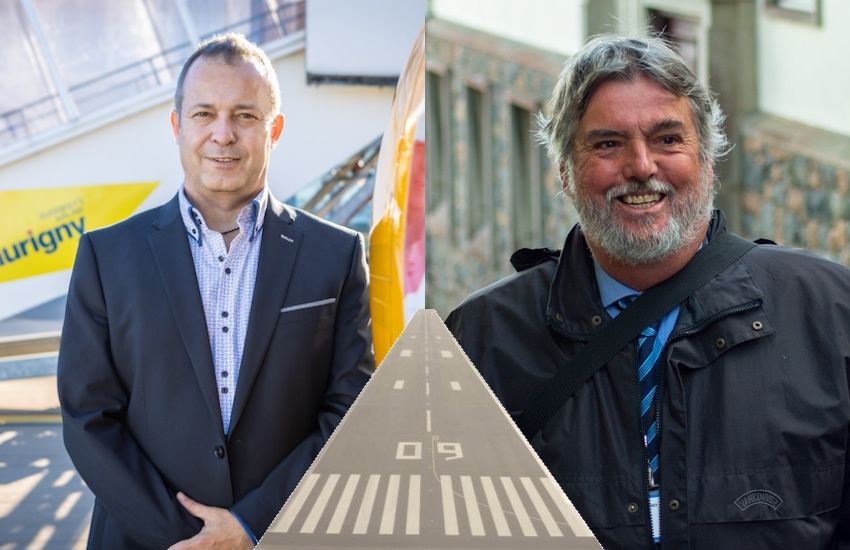

The Chief Executive of Aurigny and the President of the States’ Trading Supervisory Board say that extending Guernsey’s runway would not necessarily threaten the existence of the States-owned airline.
Responding to Express’ questions, Nico Benzuidenhout, Chief Executive of Aurigny, said that an extended runway "does not guarantee the entry of any carrier into the Guernsey market, nor does it automatically alter demand patterns for services to and from the island".
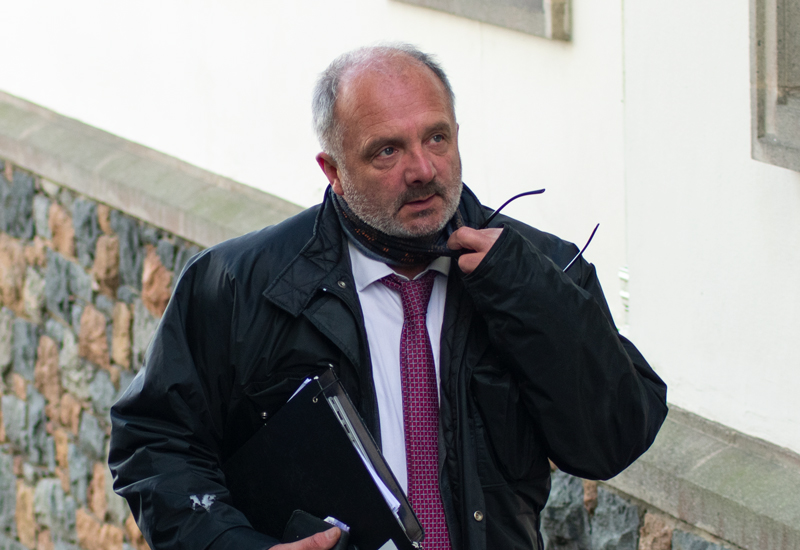
Pictured: The issue of whether to extend Guernsey's runway partially rests on a report and recommendations which Deputy Neil Inder is expected to present to the States later this year on behalf of his Committee for Economic Development.
Deputy Peter Roffey, President of the STSB, which acts for the States as shareholder in Aurigny, agreed with Mr Bezuidenhout.
"I do not believe an extension to the runway, in itself, presents a threat to Aurigny… ultimately the States will determine what role Aurigny must play in the future, whether the runway in Guernsey is extended or not," said Deputy Roffey, pictured top right.
He recognised that if low-cost airlines were attracted to the island as a result of lengthening the runway "there would be implications for the airport, the taxpayer and Aurigny".
In that scenario, he anticipates a redesign of parts of the airport building and the arrival of new airlines which historically "expect very big discounts on normal airport fees".
"Such discounts would represent a bigger subsidy from general revenue than Aurigny has normally received outside of the pandemic," said Deputy Roffey.
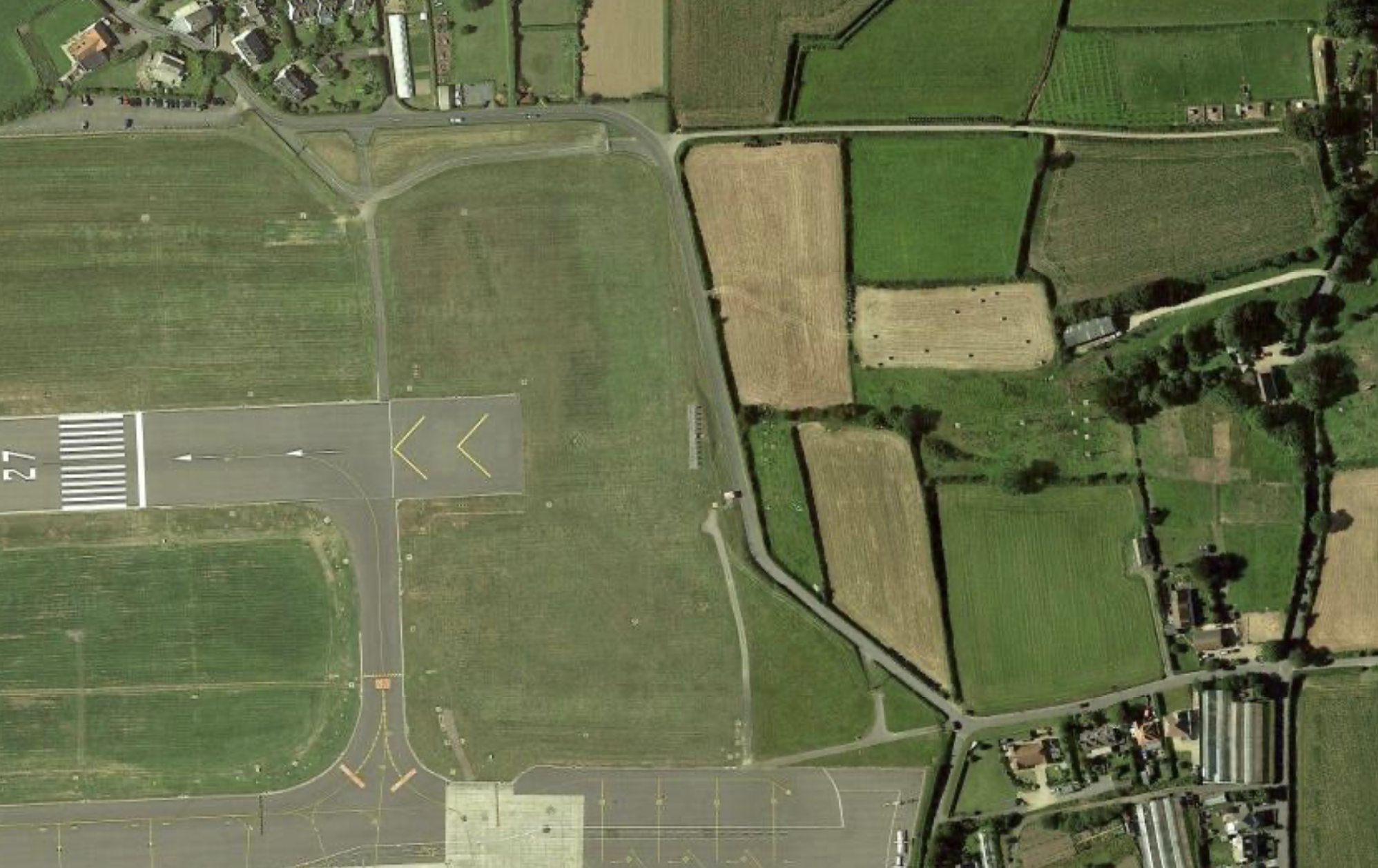
Pictured: Any extension to Guernsey's runway is more likely to be at the eastern end, which would require changes to the small road positioned between the airport boundary and green fields.
Mr Bezuidenhout, pictured top left, also said that an extended runway would not necessarily open the island to many more new commercial carriers offering routes to new destinations.
"That will be dictated by other fundamentals, such as the size of the market, the tourism value proposition, passengers' needs in terms of year-round connectivity and flight frequency, and alternative deployment options that airlines may have for available aircraft," he said.
"These factors all have an impact on the financial sustainability of air services and will influence whether other airlines wish to operate to and from Guernsey - rather than the runway length in isolation."
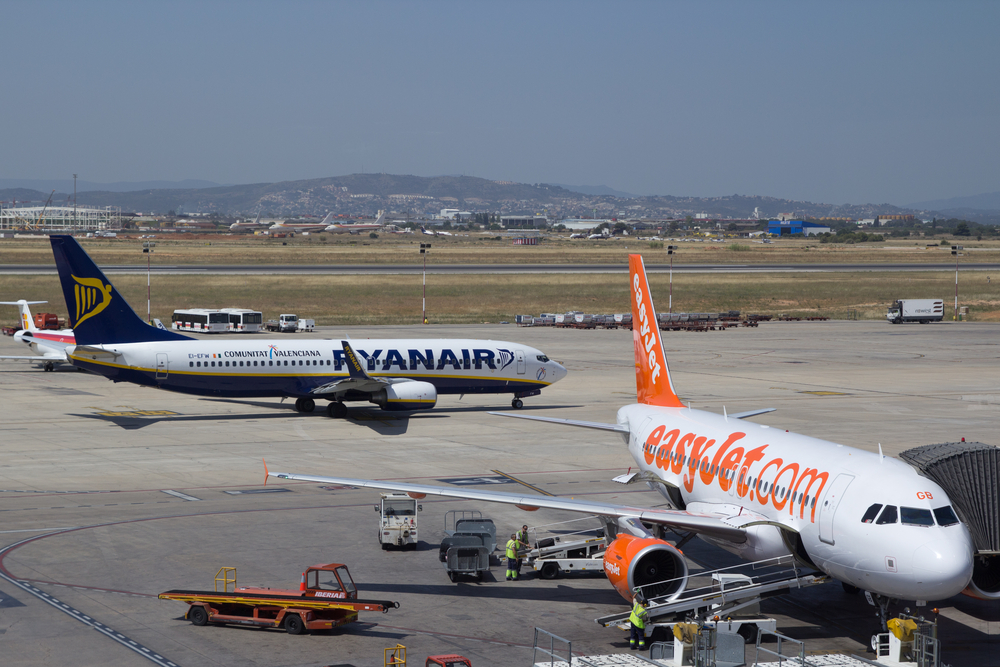
Pictured: Supporters of extending Guernsey's runway have often argued that a longer runway would open the island to a wider range of airlines offering more competitive prices on more routes.
Deputy Roffey said it was important to recognise that the island "has a finite market for air travel, and at some point the States would have to consider whether it wanted to subsidise a low-cost carrier through reduced airport fees and still maintain its own airline".
He believes that suspending or removing public funding from Aurigny would have "profound" consequences.
"It would not only mean a far lower frequency of flights to UK hubs, such as Gatwick, but it would make Guernsey’s air links far more fragile," said Deputy Roffey.
"At any point, the new airline[s] serving Guernsey could withdraw if they deemed the route insufficiently profitable.
"That is just the sort of nightmare scenario that the States bought Aurigny to avoid."
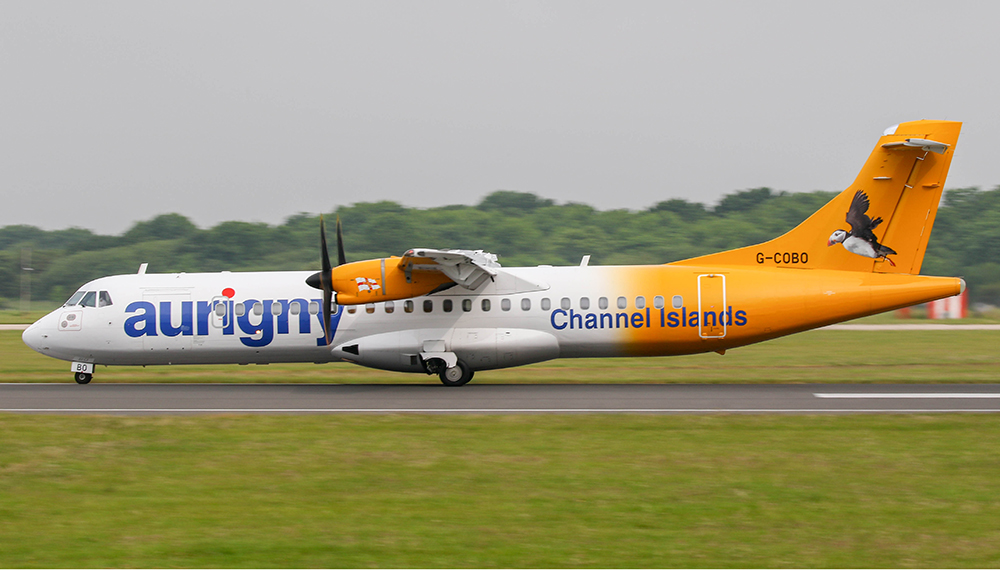
Pictured: Aurigny has suggested using only ATR aircraft on all its routes to simplify its fleet and reduce costs. This would require an extension to Alderney's runway, but not Guernsey's runway.
Deputy Roffey would rather the States focus on securing the financial sustainability of Aurigny - which he said was "entirely possible" - than invest potentially large sums of money to encourage other carriers to operate locally.
Aurigny's Chief Executive reiterated previous claims that the airline was on the way to financial recovery. Mr Bezuidenhout said it "achieved targeted financial results for the first year - 2021 - of the strategy, and fully expect to achieve a break-even position, on a full-year basis, in 2023".
He said this was made possible by the introduction of a public service obligation contract to provide essential services to Alderney and simplifying the fleet to fewer aircraft types.
"There is no doubt the onus of providing medical evacuation services and air connectivity to Alderney, together with the complexity of operating a fleet of varied aircraft types, adversely impacted on the airline’s historic financial performance," he added.
Comments
Comments on this story express the views of the commentator only, not Bailiwick Publishing. We are unable to guarantee the accuracy of any of those comments.